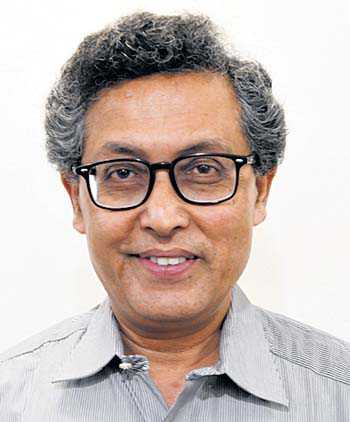Mohit Khanna
Tribune News Service
Chandigarh, April 7
The New Psychoactive Substance (NPS), known as meow meow, has become the latest challenge for doctors at the drug de-addiction and treatment centre in the PGI here.
Dr D Basu, a professor with the psychiatry department at the hospital, who was the organising secretary of a day-long CME on addiction psychiatry here on Saturday, said the Emergency had started receiving cases of youths with mephedrone (meow meow) overdose.
“Metro cities like Delhi and Mumbai are already bearing the brunt of meow meow, which has been given a misnomer of ‘legal high’,” said Dr Basu. He said the drug was slowly making its way into Punjab in general and Chandigarh in particular.
“We have to act now and we have to act fast. We cannot wait till the time one among seven persons is hooked to drugs like mephedrone,” said Dr Basu.
He stressed on the need to create awareness on the drug and its harmful effects.
“There have been cases where youngsters landed at the Emergency with complaints of sweating and tachycardia after attending rave parties. These drugs are new and can hit us badly,” said Dr Basu, adding that they do not have the number of persons addicted to mephedrone.
“But cases have started trickling and we are anticipating the number may increase. Majority of addicts don’t reach us as many youths think that it is not a drug considering its unique name ‘legal high’,” said Dr Basu.
He added that mephedrone was banned in 2015 and anyone caught consuming would be tried under the NDPS Act.
22 lakh in Punjab alcohol dependent
Dr D Basu of the PGI presented a case study of “Epidemiology of substance use and dependence in the state of Punjab”. The study found that one in six persons, aged 11–60 and residing in households in Punjab (the source population), has been dependent on any substance in lifetime. One in seven persons is currently dependent on some substance, with 22 lakh dependent on alcohol and 16 lakh on tobacco. One in 60 persons uses an illicit substance and more than one in 100 are currently dependent on them. Formal treatment support was sought by only one in six persons dependent on substance. The study concluded that Punjab has a substantive problem related to substance use. Though alcohol and tobacco are by far the major substances of use and dependence, a large number of opioid users also raises concern. Dr Basu stressed on conducting a strict checking at primary treatment centres in the state.
Unlock Exclusive Insights with The Tribune Premium
Take your experience further with Premium access.
Thought-provoking Opinions, Expert Analysis, In-depth Insights and other Member Only Benefits
Already a Member? Sign In Now










